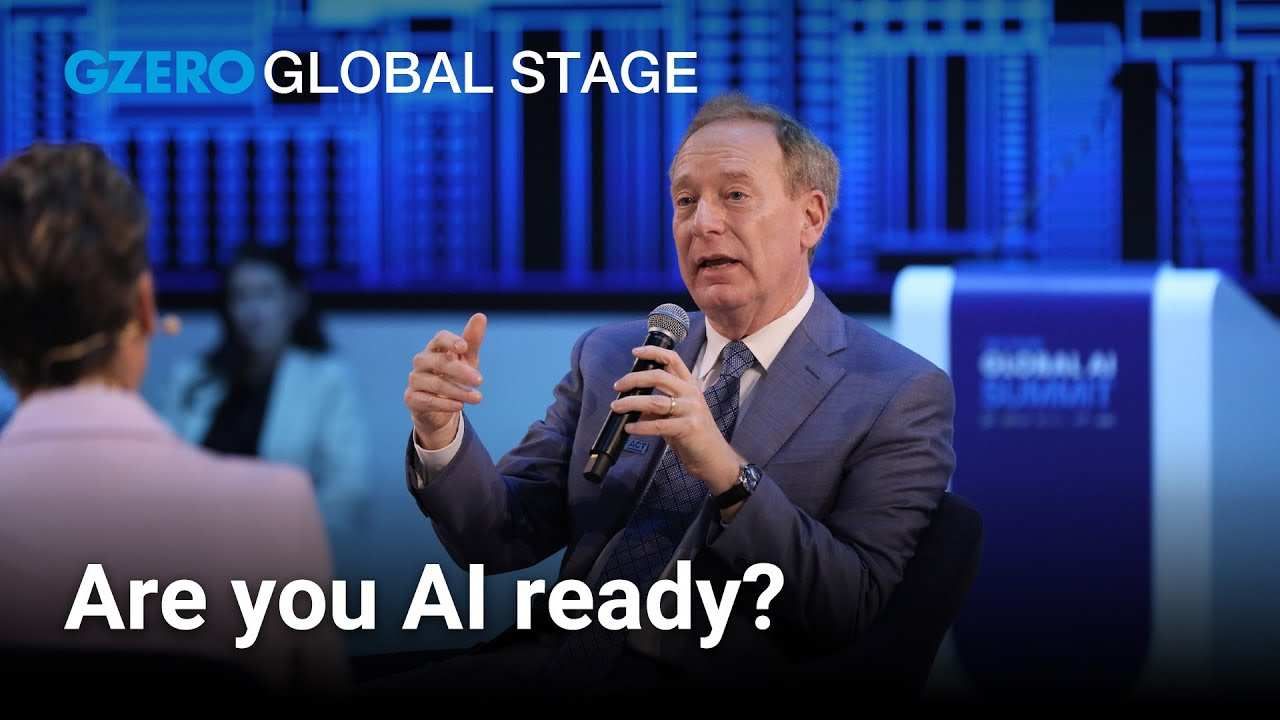3,804: Last year, violence in Afghanistan killed 3,804 civilians, according to a new report from the United Nations, the highest annual total on record. Rebel groups like the Taliban and Islamic State were responsible for two-thirds of the total. Fighting has escalated even as peace talks gradually move forward.
160: Police in Rio de Janeiro killed 160 people in the month of January, the highest total for that month since 1998. Like President Jair Bolsonaro, Rio's new governor Wilson Witzel won recent elections in part by promising a harsh law-and-order crackdown in one of the world's most violent cities.
10 million: There are currently at least 10 million people around the globe who are considered stateless: they are citizens of no country. This can be the result of wars and displacement, changes in laws, governments, or borders, or specific government decisions to strip certain people of citizenship.
72: A referendum in the Japanese island prefecture of Okinawa showed that 72 percent of those who voted oppose a long-stalled plan to relocate an outdated US Marine base from one part of the island to another. Many Okinawans in fact want other parts of Japan to share the burden of US troop presence. The Japanese government has ignored the results of the referendum, which was not legally binding.
